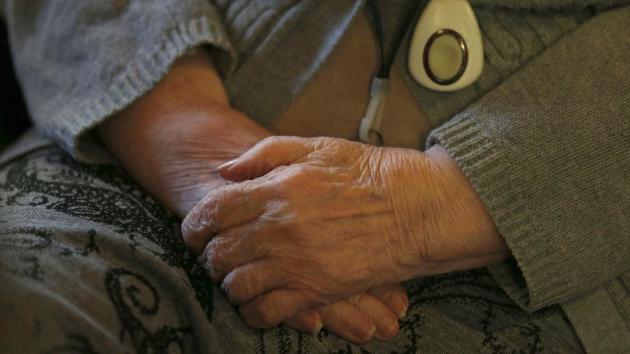
Press Association - Preventive action should be taken earlier in life to combat diseases such as Alzheimer's disease, amid evidence that deterioration of the brain starts when a person is in their late 40s
TORONTO - Here are 10 warning signs that may indicate Alzheimer's disease and warrant a doctor's checkup:
1. Memory loss that affects daily functioning: Most people forget things like names occasionally and recall them later; a person with Alzheimer’s may forget things more often and not remember them, especially more recent occurrences.
2. Difficulty performing familiar tasks: A person with Alzheimer's may have trouble with long-familiar tasks, such as preparing a meal.
3. Problems with language: Everyone has trouble finding the right word on occasion; someone with Alzheimer's may forget simple words or substitute words, making sentences difficult to understand.
4. Disorientation of time and place: It's normal to forget the day of the week or one's destination — for a moment. With Alzheimer's, a person can become lost on their own street, not knowing how they got there or how to get home.
5. Poor or decreased judgment: A person with Alzheimer's disease may wear heavy clothing on a hot day, for instance.
6. Problems with abstract thinking: People may sometimes have difficulty balancing a cheque book, for instance; someone with Alzheimer's may have significant difficulty with such tasks, possibly not recognizing what numbers in the cheque book mean.
7. Misplacing objects: Anyone can temporarily misplace a wallet or keys; someone with Alzheimer's may put items in inappropriate places: an iron in the freezer or a wristwatch in the sugar bowl.
8. Change in mood and behaviour: While everyone experiences sadness and other moods on occasion, those with Alzheimer's can exhibit mood swings — from calm to tears to anger — for no apparent reason.
9. Change in personality: A person with Alzheimer's can become confused, suspicious or withdrawn. Apathy, fearfulness or acting out of character may also occur.
10. Loss of initiative: Temporary loss of interest in activities can occur in most people; someone with Alzheimer's may become passive, and require cues and prompting to become involved.
Source: Alzheimer Society of Canada.
———
Online: www.alzheimer.ca/en





No comments:
Post a Comment
Through these open doors you are always welcome